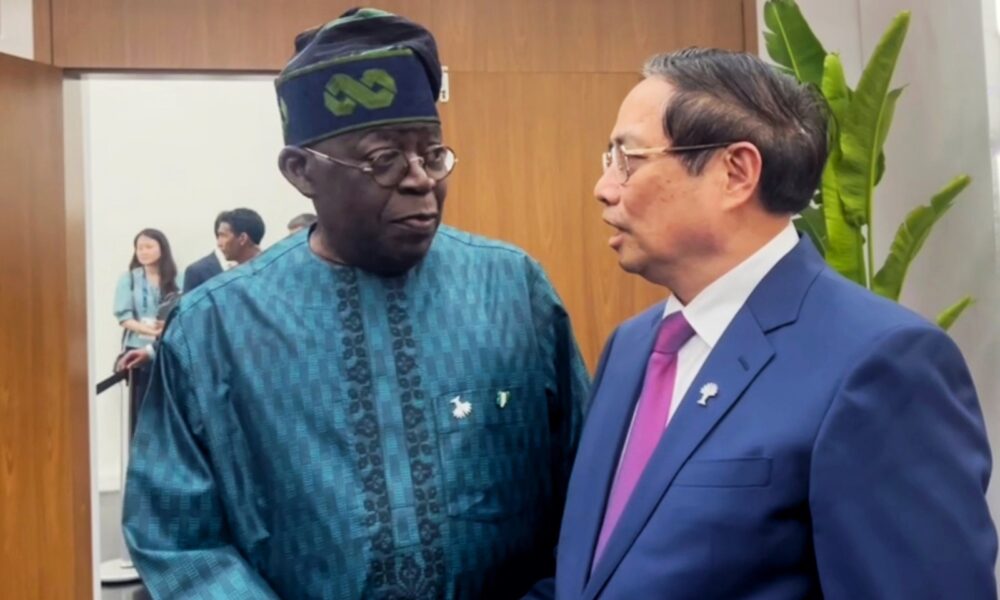Former President Donald Trump has called for the immediate resignation of Intel’s CEO. He alleges that the executive has ties to China that could jeopardize national security. This unusual demand adds to the challenges facing Intel, which has struggled to keep pace in the competitive chip industry.
Allegations and Company Challenges
Trump’s accusations revolve around concerns about Intel’s relationship with China. He claims that this connection could lead to potential security risks and economic disadvantages for the United States. Intel, a key player in the semiconductor market, is already facing significant pressure to innovate and maintain its leadership position.
The semiconductor industry is crucial for various sectors, including technology and automotive. Intel has been criticized for falling behind competitors like AMD and NVIDIA, which have made significant advancements in chip technology. This decline has raised concerns among investors and analysts about Intel’s future.
Trump’s demand for the CEO’s resignation comes at a time when Intel is attempting to recover from several setbacks. The company has faced production delays and challenges in ramping up its manufacturing capabilities. As a result, it has lost market share to competitors that have embraced more advanced technologies.
In response to the allegations, Intel has stated that it prioritizes national security and transparency. The company has emphasized its commitment to complying with U.S. laws and regulations. However, Trump’s call for action has intensified scrutiny of Intel’s leadership and its strategic direction.
Implications for Intel and the Semiconductor Industry
The fallout from Trump’s demand could have serious implications for Intel and the broader semiconductor industry. If the CEO were to resign, it could lead to leadership instability and further uncertainty. Investors may react negatively to such a significant change, impacting stock prices and market confidence.
Moreover, the semiconductor industry is already grappling with supply chain issues exacerbated by the COVID-19 pandemic. Any leadership changes at Intel could complicate efforts to address these challenges. The company needs a clear and stable direction to navigate the current landscape.
Additionally, Trump’s comments may fuel ongoing debates about U.S.-China relations. The semiconductor sector has become a focal point in discussions about national security and economic competition. As tensions between the two nations continue to rise, companies like Intel must carefully manage their international partnerships.
The demand for the CEO’s resignation could also influence policymakers. Lawmakers have been increasingly concerned about foreign influence in critical industries. If Intel cannot address these concerns and prove its commitment to U.S. interests, it may face further regulatory scrutiny.
In conclusion, Trump’s call for Intel’s CEO to resign over alleged ties to China adds to the company’s challenges. As Intel navigates a competitive landscape, leadership stability is crucial for its recovery. The implications of this demand extend beyond the company, impacting the semiconductor industry and U.S.-China relations. Moving forward, Intel must address these concerns while striving to regain its position as a leader in the chip market.




